Nate Solon
@natesolonSeven years of professional poker has completely changed my approach to chess. This week I wrote about what chess players can learn from poker players.
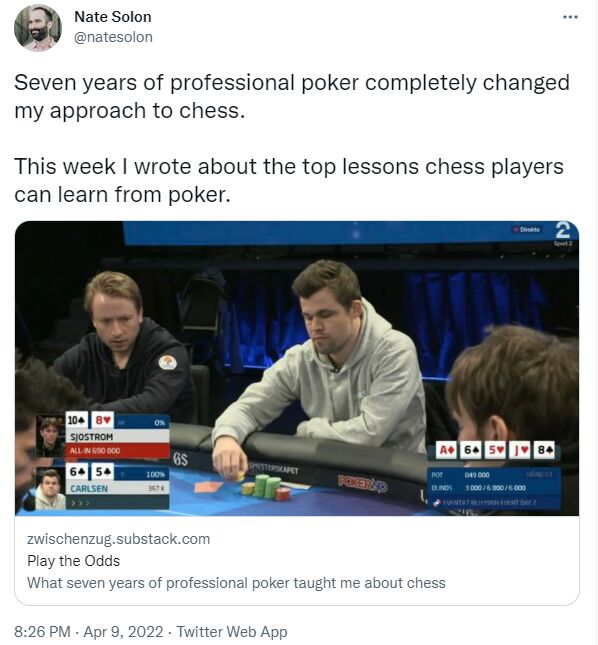
Magnus Carlsen decided to take a break from chess recently and play in the Norwegian Poker Championship. He seems to know what to do at the poker table: at the time of this writing, he was on the leaderboard.
(Carlsen played in the €880 Main Event and finished 25th out of 1,050 entrants. His prize was €5,160 – ed.)
I made a living playing poker for seven years and during that time I hardly played chess. When you spend hours every day playing a game that makes money, the desire to play something else for the sake of entertainment noticeably weakens. However, when I left poker and returned to chess, it turned out that over the years my approach to decision-making has changed dramatically.
Chess and poker are quite different. In poker, there is secret information – the hands of opponents – and there is an element of chance in the form of cards from the deck. However, both chess and poker are strategic games. To master them requires developed thinking, the ability to effectively learn, and a high level of self-knowledge.
Play for maximum expectation
The most obvious difference between poker and chess is the influence of pure luck. In poker, you can go all-in as a big favorite, but lose because of the board cards. The result of a single hand is not a reliable indicator of the quality of the decisions made. You can play strong and still lose, or play weak and win with luck.
Therefore, to assess the level of a poker player, a bigger sample size is needed. If you play the same hand many times, what will be its average outcome? This is the expected result, EV. The goal of a poker player is to maximize their expectation. Mathematically, EV is equal to the size of the pot multiplied by the chance of winning it. If there is $1,000 in the pot and you have a 70% chance of winning, your EV is $700.
Of course, you will never get that $700 after the hand. You will get either a thousand in case of victory, or zero in case of defeat. However, the outcome of a single hand is not important at all, because, in the long run, luck and bad luck cancel each other out – well, more or less ... You only need to strive for profitable situations, maximizing your EV, and for this, you need to make the right decisions and be good understand the strategy.
Perhaps applying the same concept in chess is not entirely obvious, since pots are not played in them, but the mathematics work in exactly the same way. In chess, as in poker, EV is determined by adding the outcomes multiplied by their probability. A win is one point, a draw is half a point, and a loss is zero points.
Before I completely went into poker, I, like most chess players, tried to find the best move in any position – the first line of the computer. However, poker has changed my mindset toward maximizing EV. Let me explain with a specific example. In a practice game with quick control, my opponent just took the knight away: Nf6-d7. In terms of time, I have an advantage – five minutes to one.
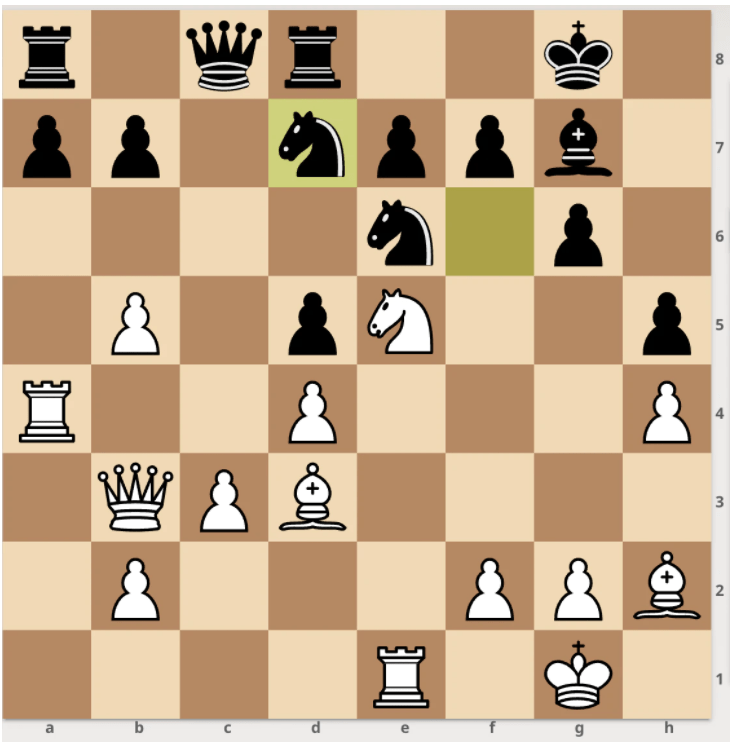
The knight sacrifice looks tempting – Nxf7 , but it's hard to calculate it before a forced victory. How to continue after Nxf7 Kxf7 Rxe6 Kxe6 is not obvious – at least for me. At the same time, a simple Nf3 retreat allows me to keep all the positional advantages, while the opponent still has no counterplay. Possible outcomes can be estimated like this:
Nxf7: 70% for a win, 10% for a draw, 20% for a loss.
EV = 70% + 0.5 * 10% = 75%
Nf3: 75% for a win, 20% for a draw, 5% for a loss.
EV = 75% + 0.5 * 20% = 85%
Perhaps sacrificing a knight would have allowed me to win the game with a direct attack, but it significantly increased the probability of losing. And after Nf3 , I'll most likely be able to calmly put the squeeze on my opponent thanks to my opponent's positional advantage and time trouble, and I could only lose the game with a blunder, which is unlikely. It turns out that the horse's retreat has a higher expectation.
Your assessment of the position may differ from mine, because you have different strengths and weaknesses, and this is completely normal. Moreover, this is exactly what I'm talking about: we abandon the search for an objectively strongest move in favor of a move that increases our, namely, our expectation in a given game, taking into account not only the position, but also the clock readings, as well as the likelihood of future errors of both players.
Ability to see the big picture
Poker players love charts. On their charts, the abscissa scale is time, and the ordinate scale is winnings. Due to the fact that short-term results are influenced by luck, the line is constantly jerking up and down, with big ups and downs. However, in the long run, the charts of the plus players noticeably smooth out and show an obvious trend.
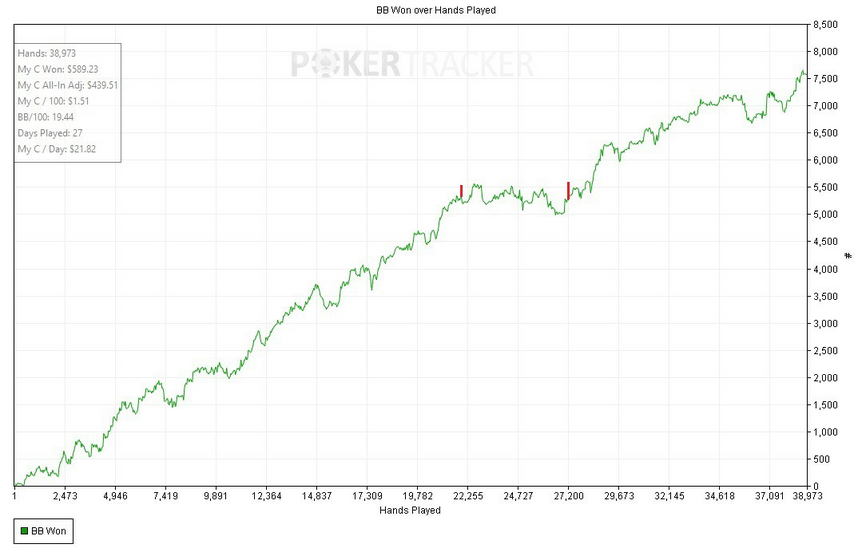
In chess, there is no such obvious factor of luck as the layout of a deck of cards. However, if you look at the rating chart, you can see a surprising similarity with the chart of a poker player: constant jumps up and down, continuous ups and downs.

Where do they come from in a game that doesn't seem to depend on luck? The fact is that even in poker, luck is not only cards. There are other factors that affect the result:
Who is sitting at your table
How do opponents play?
– how do you play yourself (!),
– how your cards fit with your opponents' cards,
– how the random decisions of your opponents interact with yours, and so on.
None of them are 100% in your control. If you think you are at least in control of your game, ask yourself why do you make weak moves from time to time? After all, you can always make strong ones, and you can work on it on your favorite online site.

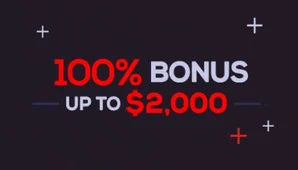
These factors bring an additional element of uncertainty to poker, and all of them are present in chess too. You do not control the opponent's game. You have no control over how your imperfect game mindset interacts with your opponent's imperfect mindset. And so on...
Therefore, in chess, as in poker, it is worth concentrating on the process, and not on the result. Take a rating chart and increase some small areas during a local downturn. Think about how you would react if this happened to you.
Let's imagine two players. Player A starts to panic every time his rating drops, changes openings, changes his game plan, or quits chess for a month. Player B takes defeats calmly, learns from his mistakes, and does not deviate from a reasonable training program.
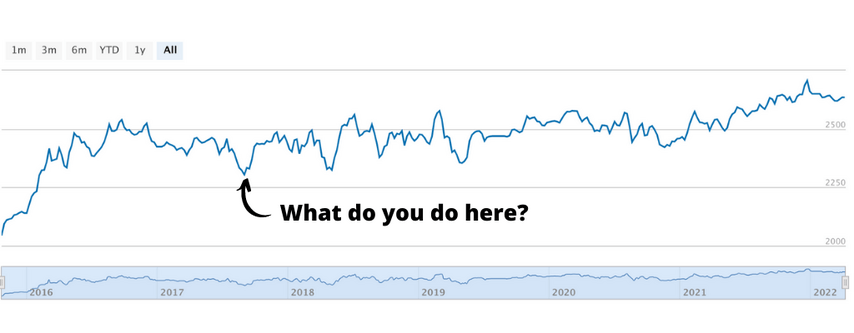
Which one is more likely to succeed in the long run? Obviously, player B. However, for some reason, many chess players prefer to choose the path of player A.
Look for patterns
Poker players are looking for systematic errors, holes in their strategy. They call them "faces", leaks, holes in the bottom of the ship. If the error is repeated over and over again, the ship takes on water and eventually sinks. Therefore, the leak must be sealed, and the mistakes must be eliminated. Without this, there will be no success in the long run.
While analyzing our games, we pay a lot of attention to the mistakes we made, but we shouldn't take them too personally. The most important mistakes are the systematic ones, the ones we are most likely to repeat in the future. These are the ones you need to find and learn to avoid. It is not enough just to find a mistake and mark a stronger move. We need to develop a mechanism that will allow us to make better decisions in the future.
I can suggest two ways to work on the bugs.
First, you can categorize them and see which ones you see most often. For example, at some point, I found that I often lose due to pawning in the opening. In each specific situation, it seemed to me that I could take a pawn with impunity, but the lag in development was too often more important, and I got what I deserved. Obviously, I suffered from a chronic underestimation of the risks associated with developmental delays.
When you find the best move when analyzing the game you have played, try to think of a way you could come to him on the board. For example, like this: A winning line starts with an obvious capture, which for some reason I didn’t even consider. If I just started counting this continuation, I would probably count to victory. In the future, more attention should be paid to game-forcing moves with checks and captures. If the strongest move could be found only by chance, you should not worry about a missed opportunity, no matter what the computer says.
See the big picture
This is perhaps the most important thing that poker has taught me. Short-range results are just noise, variance. In poker, this is easy to accept – luck and failure are determined by a deck of cards. In chess, the influence of randomness is masked, but, in my opinion, not completely either. Therefore, they should not attach too much importance to the result. Work must be approached strategically, on a large scale, and long-term plans must be made. And, of course, in order to survive failures, both a chess player and a poker player cannot do without a sense of humor. There will be many defeats, believe me.















